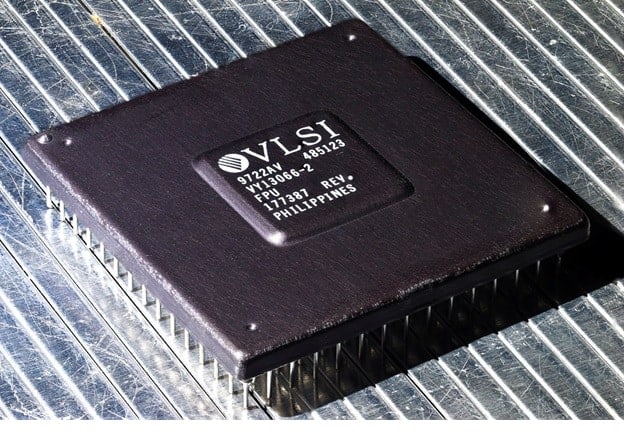In its 2021 Arthrex decision, the US Supreme Court found the Congressionally created inter partes review (IPR) system unconstitutional because it gave too much authority to the Patent Trial and Appeal Board (PTAB) administrative judges.
The issue was that PTAB judges have the authority to cancel substantial intellectual property (IP) rights but aren’t appointed by the President as the US Constitution, Art. II, § 2, cl. 2 requires.
Rather than throwing out the America Invents Act (AIA), which established the IPR process, the Court decided to solve the problem by taking some authority from PTAB judges and giving it to the director of the US Patent and Trademark Office (USPTO), who is nominated by the President and confirmed by the Senate.
Thus, there’s now an interim process for Director Review of PTAB decisions.
The USPTO’s Director, Kathi Vidal, recently issued two decisions involving abuse of the IPR process.
As Bloomberg reported,
Vidal determined the petitioners in both cases, Patent Quality Assurance LLC and OpenSky Industries LLC, abused the Patent Trial and Appeal Board’s inter partes review process, attempting to leverage their patent challenges to extract money from other participants. Both companies filed challenges to VLSI patents underlying a $2 billion March 2021 patent infringement verdict against Intel Corp., just one part of a sprawling battle between Intel and VLSI.
In Patent Quality Assurance (PQA) v. VLSI, the PTAB had issued a decision granting institution of an IPR for certain claims of a VLSI patent. This was based on a petition filed by Patent Quality Assurance, LLC (PQA).
The Director found that PQA abused the IPR process:
- “by filing this IPR, and threatening to file another IPR petition seeking to join a related, instituted IPR by OpenSky, in an attempt to extract payment from VLSI”; and
- “including by advancing a misleading argument and a misrepresentation of fact by representing, in its Petition, that it had exclusively engaged Dr. Singh, a witness relied on by another party, OpenSky Industries, LLC (“OpenSky”), in a parallel proceeding, and which representation it later qualified as not being an exclusive engagement”…
Given this conduct, she dismissed PQA from the proceeding and ordered PQA to show cause why it shouldn’t be ordered to pay compensatory damages to VLSI, including attorney fees, to compensate VLSI for its time and effort in the proceeding.
In the related matter of OpenSky v. VLSI, the Director affirmed the PTAB decision and dismissed OpenSky from the case as a sanction, stating that
In addition to abusing the IPR process, I further determined that OpenSky engaged in further sanctionable conduct including discovery misconduct, violation of an express order, and unethical conduct.
The Director also had some stern words for VLSI, which she admonished:
for supporting their arguments with misleading statements of law and fact in contravention of their obligations under 37 C.F.R. § 11.303 (Candor Toward the Tribunal) (“A practitioner shall not knowingly: (1) Make a false statement of fact or law to a tribunal or fail to correct a false statement of material fact or law previously made to the tribunal by the practitioner. . . .”); 37 C.F.R. § 42.11(a), (c). This is not the first time VLSI has made misleading statements of law or fact in an attempt to mislead me or the Board.
She ordered VLSI to show cause why it shouldn’t be ordered to pay Intel the reasonable attorney fees they incurred responding to VLSI’s Rehearing Request.
The two IPR proceedings will continue, with Intel as the sole petitioner in both.
Just like the haiku above, we like to keep our posts short and sweet. Hopefully, you found this bite-sized information helpful. If you would like more information, please do not hesitate to contact us here.


